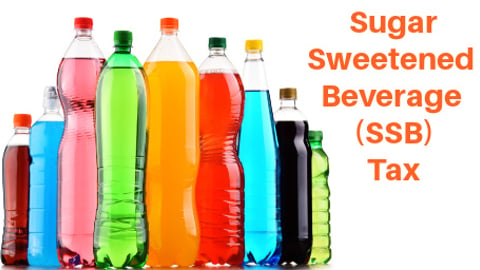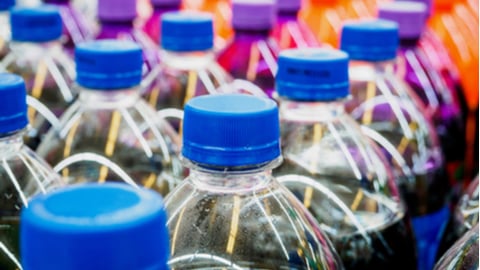Newfoundland and Labrador's Department of Finance clarifies details of new Sugar Tax
ST. JOHN'S - On Thursday, Sept. 1, Newfoundland and Labrador became the first province to implement a 'sugar tax', a decision that was met with significant resistance from residents and retailers.
Residents were upset with an additional tax being placed upon them during a time when cost of living continues to rise, and retailers expressed confusion.
In response to email inquiries, the Department of Finance offered the following statement:
"The Government of Newfoundland and Labrador introduced a tax on sugar sweetened beverages with the goal of encouraging residents to make healthier beverage choices.
"The initiative aligns with recommendations from the World Health Organization, Canadian Healthy Eating Strategy, Canada's Food Guide and the position statement from Canadian Paediatric Society which is supported by the Dieticians of Canada, Childhood Obesity Foundation, Diabetes Canada and the Heart and Stroke Foundation of Canada.
"Revenues generated will help fund healthy living initiatives such as the Physical Activity Tax Credit, pre-natal infant nutrition supplement, and school breakfast and lunch programs.
"Here are the types of beverages included:
"It applies to sugar sweetened ready-to-drink beverages such as soft-drinks, fruit flavoured drinks, sports and energy drinks, as well as sugar sweetened dispensed beverages such as soda fountain drinks, slush drinks and fruit juices. It also applies to sugar sweetened concentrated drink mixtures.
``The tax does not apply to:
- 100% natural fruit or vegetable juices
- sugar-free sodas
- chocolate milk
- alcoholic beverages
- syrups, purees, and powders used primarily as a cooking or food preparation ingredient
- beverages prepared for the customer in a food and/or beverage-service establishment at the time of purchase (e.g. adding sugar to coffee or tea)
"Please note that the tax only applies to sugar sweetened beverages, since our objective is to reduce the consumption of sugar.
"We recognize this is a new tax. The department has been working closely with wholesalers and retailers on this initiative since its announcement in Budget 2021 and we will continue to do so. Information has been provided to wholesalers, Atlantic Convenience Stores Association [amalgamated with CICC in March 2022], the Retail Council of Canada, and the Canadian Beverage Association since March 2022.
"Our web page is being updated continually. It explains what types of sugar sweetened beverages are included in the tax and provides contact information. The information circular on our web site has been available since March.
"We are following up with reported mistreatment of the tax. As well, the department is responding to calls from individual retailers and wholesalers as they are received, which is typical when a new tax is implemented.
"Please note that tax is collected at the wholesaler level and most retailers will not have to remit.
Here's how it works.
- Wholesalers invoice and collect the sugar sweetened beverage tax from retailers.
- Retailers, in turn, price sugar sweetened beverages accordingly.
- Note: The only retailers who would have to remit taxes directly to government are those retailers who purchase from non-registered wholesalers or businesses located outside NL.
Wholesalers and retailers are being encouraged to phone 709-729-6297 (toll Free: 1-877-729-6376) or email [email protected] if they have questions.
MHA Tony Wakeham (Stephenville - Port au Port) says axing the tax needs to be done now because there are other, far more prevalent issues that should be addressed.
"At the same time that they are implementing a tax on the sugary products to help people get healthier, people in my district are having to pay to see a nurse practitioner. That to me, is the government having their priorities wrong. It shouldn't be about taxing the people of Newfoundland and Labrador anymore. It should be about finding them access to the primary care providers that they need.''






